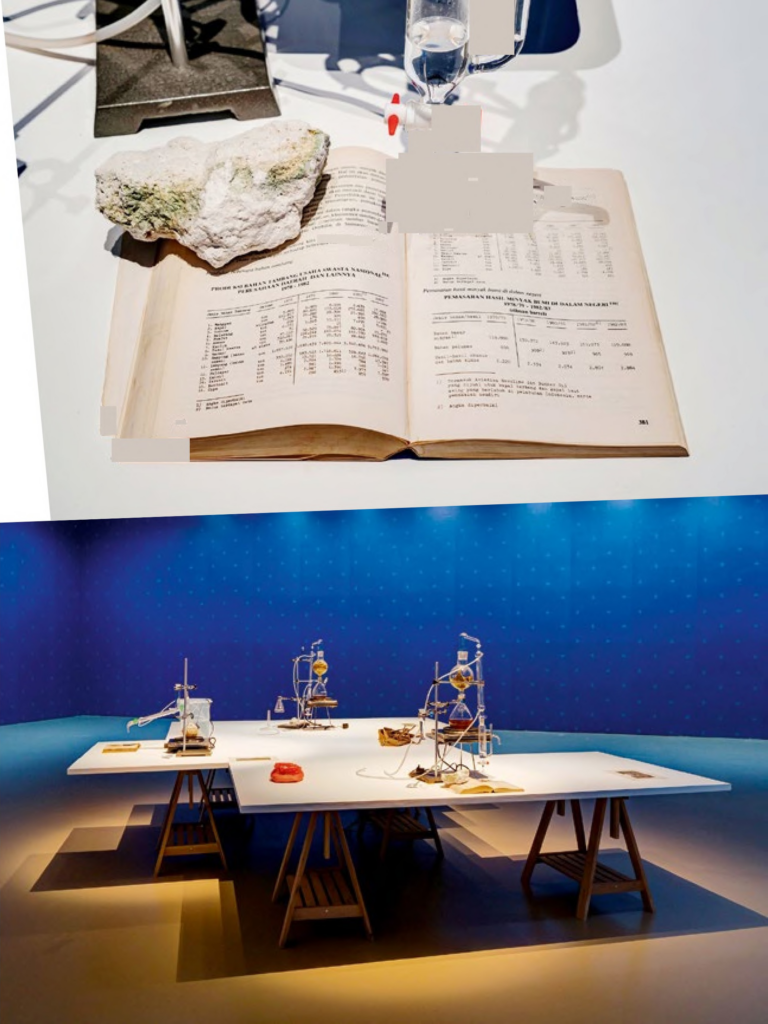Born in 1974 in the Indonesian capital, Jakarta, where he lives and works
Tuban
2019
Ade Darmawan is an artist and curator. Incorporating historical materials and found objects, his object-laden installations, graphic works, and videos are often commentaries on economic and sociopolitical issues relevant to Southeast Asia. Darmawan has been an influential figure in the art scene of Indonesia. A member of the Jakarta Arts Council from 2006 to 2009, he was appointed director of the Jakarta Biennale in 2009 and served as its executive director for the 2013, 2015, and 2017 editions. He is also a co-founder and co-director of the artist collective ruangrupa, a non-profit collective formed in 2000 with a communal structure that seeks to advance critical voices and cross-disciplinary perspectives in the visual arts.
Tuban (2019) takes its name from an Indonesian port town that flourished during the Javanese Majapahit empire of the thirteenth to early sixteenth centuries. The subsequent decline of this one-time center of Islamic culture and government features prominently in the book Arus Balik (published 1995) by Indonesian author Pramoedya Ananta Toer (1925–2006). Branded a communist by the Suharto New Order regime, Pramoedya was imprisoned from 1969 to 1979, during which time he wrote the novel. The work, whose title translates as “the turning of the tide,” suggests that the shift from independence to colonial rule was partially caused by geopolitical intrigues around the Java Sea. Due to increasing provincialism—and incursions by European traders— weakened Javanese kingdoms gradually turned their backs to the sea, instead of continuing to pursue the rich maritime passages that connected the region.
Darmawan reread this epic with a special focus on the way in which natural resources were referenced and used by different characters. After a field trip to Tuban as well as to Bojonegoro, an oil-rich town, the artist created a distillation laboratory to point at the extractivist greed that has fueled the fights over the control of the archipelago for centuries. Using water from the Java Sea, Darmawan’s laboratory distills spices and leaves, such as nutmeg, sandalwood, cinnamon, pepper, candlenut, clover leaf, betel leaf, attap palm, coconut leaf, and the medicinal tapak liman, imbuing the air with their scents. The drops from the laboratory tubes fall onto open books about Suharto and his corrupt policies on land and resources, drawing parallels to the Dutch colonial policies demanding that a portion of agricultural production be devoted to export crops, both ruthless models of worker exploitation.



